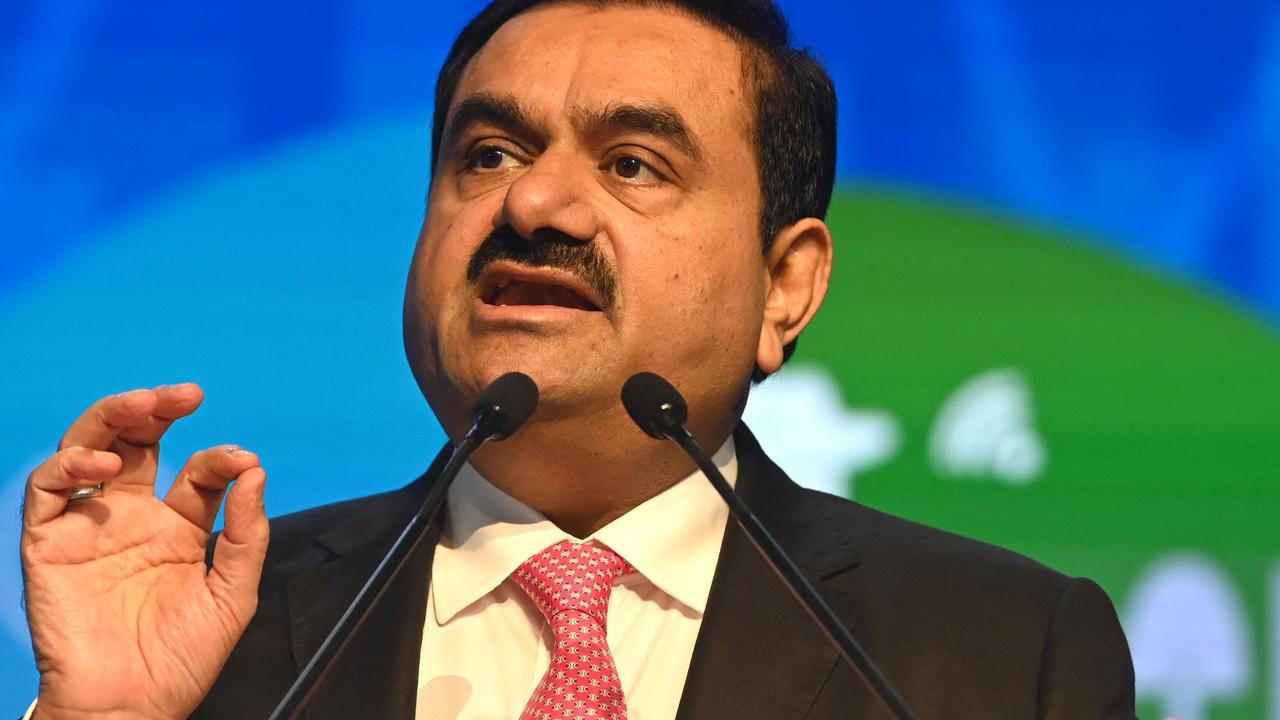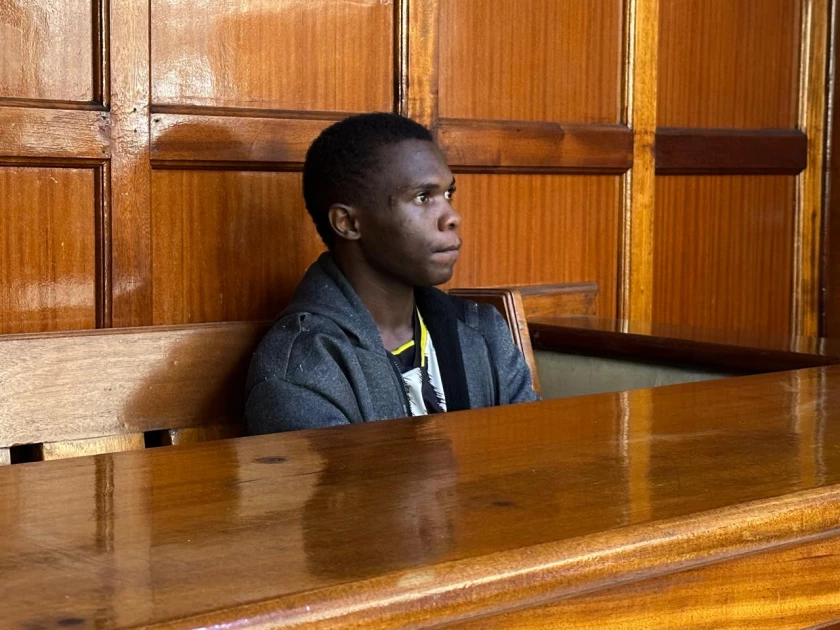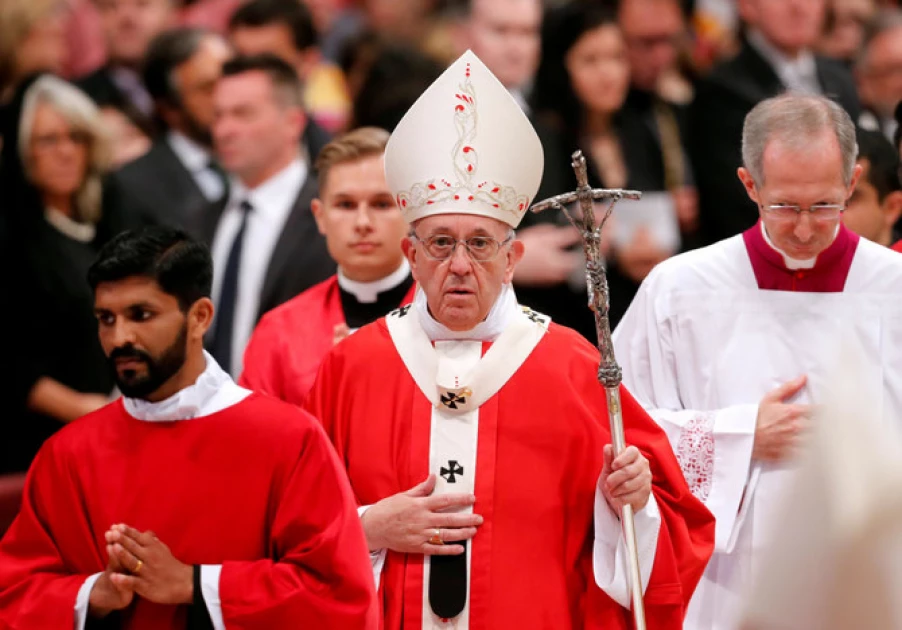Indian billionaire Gautam Adani and other executives have been indicted in New York for their roles in a multi-billion-dollar fraud scheme.
According to the U.S Department of Justice, Adani, his nephew Sagar Adani and six other business executives promised more than $250 million in bribes to Indian government officials in order to secure solar energy contracts.
The five-count criminal indictment against Adani and others was unsealed on Wednesday, November 20 in a federal court in Brooklyn.
The U.S Department of Justice says that Gautam Adani, Sagar Adani and Vneet S. Jaain, executives of an Indian renewable-energy company (the Indian Energy Company), conspired to commit securities and wire fraud in a multi-billion-dollar scheme to obtain funds from U.S. investors and global financial institutions on the basis of false and misleading statements.
“As alleged, the defendants orchestrated an elaborate scheme to bribe Indian government officials to secure contracts worth billions of dollars and Gautam S. Adani, Sagar R. Adani and Vneet S. Jaain lied about the bribery scheme as they sought to raise capital from U.S. and international investors,” stated U.S Attorney Peace. “My Office is committed to rooting out corruption in the international marketplace and protecting investors from those who seek to enrich themselves at the expense of the integrity of our financial markets.”
“This indictment alleges schemes to pay over $250 million in bribes to Indian government officials, to lie to investors and banks to raise billions of dollars, and to obstruct justice,” stated Deputy Assistant Attorney General Miller. “These offenses were allegedly committed by senior executives and directors to obtain and finance massive state energy supply contracts through corruption and fraud at the expense of U.S. investors. The Criminal Division will continue to aggressively prosecute corrupt, deceptive, and obstructive conduct that violates U.S. law, no matter where in the world it occurs.”
Authorities say that between approximately 2020 and 2024, Adani and other executives agreed to pay more than $250 million in bribes to Indian government officials to obtain lucrative solar energy supply contracts with the Indian government, which were projected to generate more than $2 billion in profits after tax over an approximately 20-year period.
“On several occasions, Gautam S. Adani personally met with an Indian government official to advance the Bribery Scheme, and the defendants held in-person meetings with each other to discuss aspects of its execution,” the department adds.
It is also alleged that the defendants extensively documented their corrupt efforts. For example, Sagar Adani used his cellular phone to track specific details of the bribes offered and promised to government officials. Vneet S. Jaain used his cellular phone to photograph a document summarizing various bribe amounts the U.S. Issuer owed the Indian Energy Company for its respective portion of the bribes. Rupesh Agarwal prepared and distributed to other defendants multiple analyses using PowerPoint and Excel that summarized various options for paying and concealing bribe payments (Bribery Analyses).
Worth more than $85 billion according to Bloomberg’s Billionaires Index, Adani is Asia’s second-richest person behind fellow Indian Mukesh Ambani.
Adani Group-JKIA takeover
Being the founder of sprawling Indian conglomerate Adani Group, this indictment will only add salt to injury among a section of Kenyans who have been against the group’s takeover of the Jomo Kenyatta International Airport (JKIA).
High Court judge Justice John Chigiti on October 25, 2024 referred a case challenging Kenya’s government plan to lease JKIA to the Adani Group to Chief Justice Martha Koome.
CJ Koome is expected to constitute a bench that will hear and determine the matter.
The petition was lodged by the Kenya Human Rights Commission and Law Society of Kenya, who argued that leasing a strategic and profitable airport such as JKIA to a private entity was irrational.
Aviation workers at JKIA in September 2024 went on strike in protest against the potential deal involving Adani Group.
The workers expressed concerns over the implications of such a deal, particularly regarding job security, management practices, and the potential impact on the working conditions at Kenya’s busiest airport.












